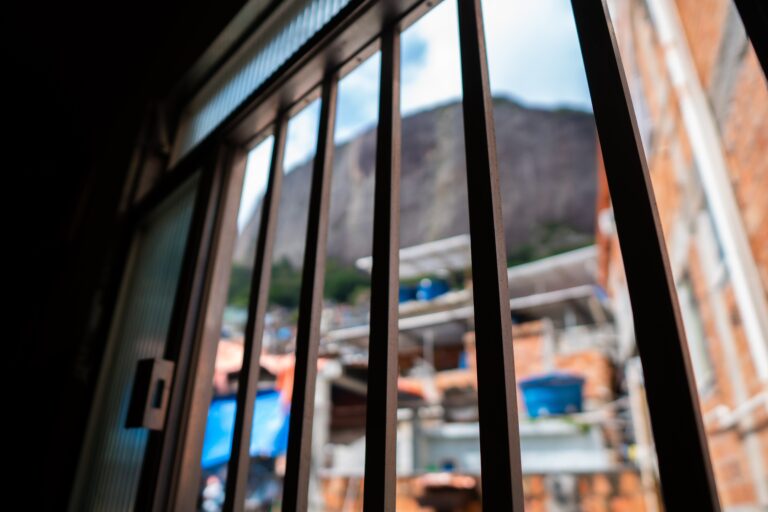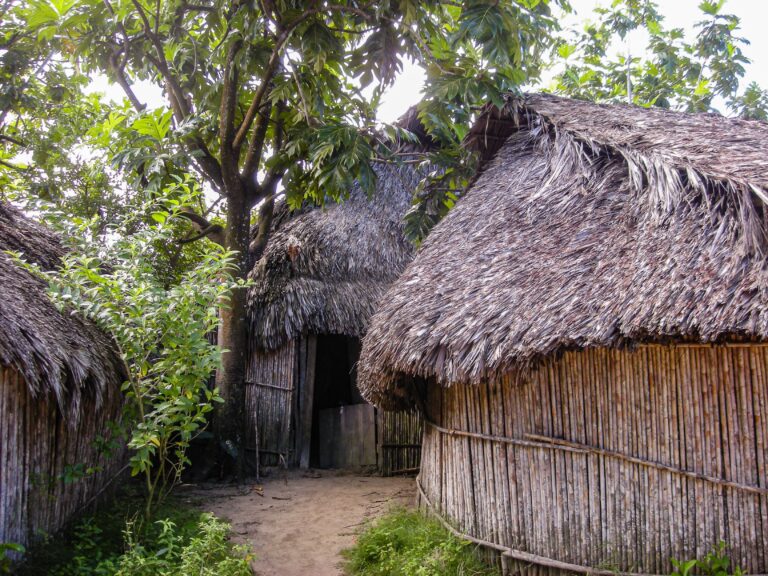In 2013 Hugo Chavez died. In 2015, is Chavismo dead too? For the first time in sixteen years, the PSUV has lost control of the National Assembly since the establishment of the nationalistic socialist revolution that excited the popular masses of a crumbling Venezuela.
An important lesson that emerged from the election result, in which over 70% of the electorate participated in, is that people do not vote for socialist ideas and ideals, they vote for concrete approaches and solutions to solve their concrete problems. These words are best expressed by Amilcar Cabral (1965), “Always bear in mind that the people are not fighting for ideas, for the things in anyone’s head. They are fighting to win material benefits, to live better and in peace, to see their lives go forward, to guarantee the future of their children.”
In no small way, the outcome of the election over the last weekend has major consequences for the lives of the working poor in Venezuela, the political organisation of the Left in Latin America and major geopolitical and economic arrangements for CARICOM Member States.
Putting together President Barack Obama’s energy partnership at a Caribbean summit aimed at countering the influence of Venezuela oil in the region with persistent bombs of misinformation by Western media on the performance of the economy mixed with the real hardship of basic good shortages, crime, state corruption and skyrocketing inflation in Venezuela…
What do Caribbean women and men of a more radical bend take away from the Venezuela socialists defeat at the polls?
Three Caribbean-grown contributors give their thoughts:
Katherine McEwan is a recent graduate in Physics and Mathematics from The University of the West Indies, St. Augustine and executive board member of LGBT community building organization I Am One.
@iamone_tnt
Dr. Aleah N. Ranjitsingh is an Adjunct Lecturer at Brooklyn College and the Borough of Manhattan Community College of the City University of New York.
@ leahopes
Ragean Gibbings is an undergraduate Political Science student and member of the
Socialist Student Conference at The University of the West Indies, St. Augustine.
@Jahirae_ [Instagram]
Katherine McEwan
Electoral voting is not the only path to socialism. In the grand scheme, voting for the Left is not a particularly powerful gesture since it ensures that collective power is only invested in a few people in state bureacracy instead of remaining in the hands of the collective. The loss that the socialists of Venezuela suffered in the recent election is not a loss for socialism. The Caribbean, in particular Trinidadad and Tobago, can learn from this election result where our societies have precious little variation in the policies of each party. Voting for change and reform does not bring about socialism… while it is disheartening to see a prominent Leftist group defeated at the polls, this does not and should not affect our own projects socialist building projects. We should invest in people, not politicians, and build working class consciousness. We should be of the people because to the people we will return.
Aleah N. Ranjitsingh
The Opposition’s win in Sunday’s National Assembly election comes amid political and economic instability in a post- Chávez Venezuela. President Nicolás Maduro’s time in office has been plagued by largely middle-class opposition protests over issues such as food shortages, inflation and crime; falling oil prices; a US-backed opposition and; most importantly, bids to destabilize the democratically elected government and with it, a revolution which has largely benefitted the poor and working classes. It is no question that the lives of poor and working class women have improved tremendously under the Bolivarian revolution and its founder, the late President Hugo Chávez. By utilizing the nation’s oil revenues, social programmes have been financed in an attempt to alleviate the poverty of the Venezuelan people. However, these gains especially for poorer women are made invisible given the economic instability in the nation and; the contradictions are further amplified by the Opposition. What this election result has shown is that while a revolutionary consciousness can be sustained via women’s and men’s new critical consciousness regarding rights, citizenship and agency, sustainability of the Bolivarian revolution as a political process has to necessitate more than a daily invocation of Chávez. Economic and political stability is needed as this affects all Venezuelans.
Raegan Gibbings
Venezuela’s recent election has given rise to great speculation concerning their sustainability of the oil political economy and socialist legacy upheld by the late Hugo Chavez. The question arises, how does this rock the operations of the Caribbean nations that are dependent on energy subsidies from Venezuela, both economically and socially? The recent lowering of oil prices renders economic disaster. The fall in oil prices negatively has an effect on PetroCaribe states, which rely heavily on Venezuela for oil. With Venezuela’s oil dependent economy, the rapid decrease has perpetuated an unstable situation. With much instability present, the Caribbean becomes undeviatingly affected. With the decrease in oil prices, Hugo Chavez’s legacy concerning the PetroCaribe now becomes ineffective with the inability to provide scholarships and funding for poor countries that form the PetroCaribe initiative. Not only does this solely revolve around oil but also it has a domino effect on social reforms. Hugo Chavez’s legacy on Venezuela as socialist project stirs up questions of its continuity. Venezuela’s uprising struggles cries at the feet of the United States for assistance, which disrupts this legacy given that the U.S is a capitalist nation who has historically attacked the legitimacy of the Left in and out of government. Additionally existing issues such as Guyana and Venezuela’s border dispute has threatened the solidarity throughout the CARICOM. The Venezuelan government has threatened militarized responses to Guyana. The Caribbean should have a united voice in condemning these actions while not giving in to the US narrative of Venezuela. Whether it is US influence, Chinese building projects or Venezuela oil dollars, Caribbean nations self-determination is being challenged by non-CARICOM actors.



